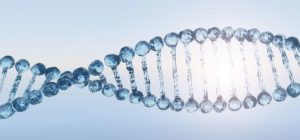Find out the best way to answer “How many calories should I eat to gain muscle?” in this article. Keep reading to find out more.
RELATED: How To Do The Hormone Reset Diet Effectively
In this article:
- Why Meeting the Right Caloric Intake Is Vital
- Factors for Eating to Gain Muscle
- Breakdown of Macronutrients
- Which Diet Is the Best?
How Many Calories Should I Eat to Gain Muscle? Know the Answer
Why Meeting the Right Caloric Intake Is Vital
Whether your goal is to be leaner or be a bodybuilder, one of the essential questions to ask is, “How many calories should I eat to gain muscle?”
The reason is simple:
- If you don’t eat the ideal calories needed to gain muscle, you won’t achieve muscle growth. Your muscle tissue doesn’t receive the ideal nutrients.
- If you exceed the right calorie intake, you end up storing more fat.
To answer the question, though, you need to focus on four important points:
- Total daily energy expenditure (TDEE)
- Metabolism
- Age
- Gender
Factors for Eating to Gain Muscle
Let’s discuss each of the factors above:
1. Total Daily Energy Expenditure (TDEE)
“How many calories should I eat to gain muscle?” Part of the answer will revolve around your total daily energy expenditure (TDEE).
It refers to the daily calories you need to perform all the activities for 24 hours. These already include your exercise, whether it’s cardio, strength training, or resistance training.
To calculate your TDEE, you need to know your weight in pounds. Then use the numbers below:
- Multiply it by 17 to determine the maximum calorie intake.
- Multiply it by 14 to know your minimum calorie intake.
How many calories to build muscle will then be between these two numbers. Online, you’ll find dozens of calorie calculators.
You can also use them, but remember, none will give you the exact number. In many ways, you may need to adjust, especially since your body changes when you modify your diet or calorie intake.
2. Metabolism
The answer to how many calories to gain muscle also depends on your metabolism, particularly your metabolic type. These include:
- Fast oxidizer
- Slow oxidizer
- Parasympathetic nervous system dominance
- Autonomic nervous system dominance
The first two refer to how fast the body burns calories or converts food into energy. The latter two, meanwhile, discusses how the nervous system utilizes energy.
Then, you also have different body types:
- Ectomorphs
- Mesomorphs
- Endomorphs
Ectomorphs are generally thin and have lean muscle mass. They can also burn calories faster than the other two, and so their bodies can achieve fat loss more easily.
Mesomorphs, meanwhile, have the athletic build. While bulking is not an issue for them, however, quick weight gain can be.
Endomorphs characterize “softer bodies.” Gaining weight is not a problem, but they can also accumulate fats more quickly because of their slow metabolism.
Knowing your metabolic rate is important because it is a factor when you need to calculate macros for your diet.
What is metabolic rate? This refers to the number of calories you need to sustain your body’s functions.
For instance, if you’re more of an endomorph, you can benefit from meals with higher grams of protein and low carbs.
Keep in mind, though, that metabolism can change, and so does your body type.
3. Age
“How much should I eat to gain muscle?” The answer also depends on your age.
A 1993 study in Geriatrics revealed that the basal metabolic rate of a person is strongly associated with age. The older you age, the slower the metabolism becomes.
It also implies that the number of calories you consume today may no longer be ideal when you hit your forties and fifties.
Many factors can contribute to slower metabolism:
- Senescence or the aging of the cells
- Mobility and speed
- Sedentary lifestyle and physical activity
- Hormonal imbalance
- Calorie intake
- Chronic diseases
- Muscle loss or sarcopenia
RELATED: 15 Best Testosterone Boosters To Add To Your Diet
4. Gender
Both men and women differ when it comes to muscle mass and metabolism. According to an article in Live Science:
- Males have more skeletal muscle mass than females. This suggests they can break down and use protein and energy better than women.
- Women have 40% less strength in the upper body and 33% less strength in the lower body. This can affect the outcomes of the genders’ resistance and strength training.
- Males have more muscle fibers than women.
- Men may have stronger grips than females, which could impact the results of weight training and overall functional fitness.
A 2011 study, meanwhile, revealed that women tend to have more body fat than men. The good news is they can burn more fat during exercise and consume fewer calories.
Breakdown of Macronutrients
Going to the gym and hiring a personal trainer will help you see muscle growth. Whatever workout you do, though, it’s always half the equation.
The other will always be diet. To achieve muscle growth, you need to create micro-tears.
To produce micro-tears, or injuries to the muscles, you need to push them to their limits. This is where your strength and resistance training becomes handy.
To repair these muscles, though, you need to have the right combination of micronutrients. Otherwise, you’re only increasing the risk of serious injuries and setting yourself up to fail.
Besides asking, “How many calories should I eat to gain muscle?” you also need to inquire, what types of food should you eat?
For this, you focus on the macronutrients at the following ratios:
- Protein (25% to 35%)
- Fat (25% to 35%)
- Carbs (40% to 50%)
Protein contains amino acids, its building blocks, that help repair muscle tissues. It also plays a central role in many biological functions such as hormone balance, protein synthesis or creation of new proteins, and production of enzymes.
Carbohydrates are necessary to create fuel for the muscles. Your body converts this into glycogen, which helps sustain your workout.
Fats can help regulate your metabolism. It will leave you feeling fuller and less hungry, so you can achieve your ideal calorie intake.
Note: Contrary to popular belief, it’s not fat that can make you fat. It’s eating excessive calories and the wrong carbs, which the body stores as fat.
Some of the best foods to eat or consume include:
- Olive oil and avocados, which are rich in healthy fats
- Lean meats (preferably white meat), eggs, and beans or legumes for protein
- Sweet potatoes, quinoa, and wild rice for better carbohydrates
- Peanut butter for protein, carbs, and fat
- A variety of fruits and vegetables (darker choices have more antioxidants)
Can you consume casein protein shake or whey protein powder? The answer is yes, but you have to make sure they’re good quality.
Which Diet Is the Best?
You may have come across different types of diet such as:
- Low-carb diet, which usually means consuming only 30% or less carbs
- High-protein diet, where protein can make up as much as 50% of the meals
- Low-fat diet
- Intermittent fasting (IF), where you fast at certain intervals and have only a few hours of eating
- Plant-based diet, where fruits, vegetables, nuts, grains, and seeds make up at least 75% of your diet
Many of these diets can result in a calorie deficit, which means you consume lower calories than normal. It could trigger weight loss.
Some may even promote better health benefits. Take, for example, this 2019 study in Translational Psychiatry.
The systematic review found “robust evidence” on the short- and medium-term positive effects of eating more plants than a conventional diet. This is especially true in the areas of energy metabolism, weight management, and regulation of inflammation.
A lot of the diet plans out there, though, might be more difficult to follow. You may end up with fat gain instead.
Keeping in mind these percentages may make your desire to grow muscles more achievable. If you need more help in knowing the ideal macronutrient breakdown, LIV Health is available.
Again, “How many calories should I eat to gain muscle?” The answer is it depends on your TDEE.
So do other factors such as your metabolism, age, and gender. You can use calorie calculators to help you figure it out.
Just keep in mind that balance is necessary. You cannot eat too much you’ll end up storing the rest of the calories or eat less you starve your muscles with the right nutrients.
Would you prefer to lose weight or build muscle? Share your answers in the comments section below!
Up Next:
- Muscle Building Diet: Foods To Eat And Avoid
- Peptides For Fat Loss And Muscle Building
- 5 Real Industrial Accidents Caused By Sleep Deprivation



